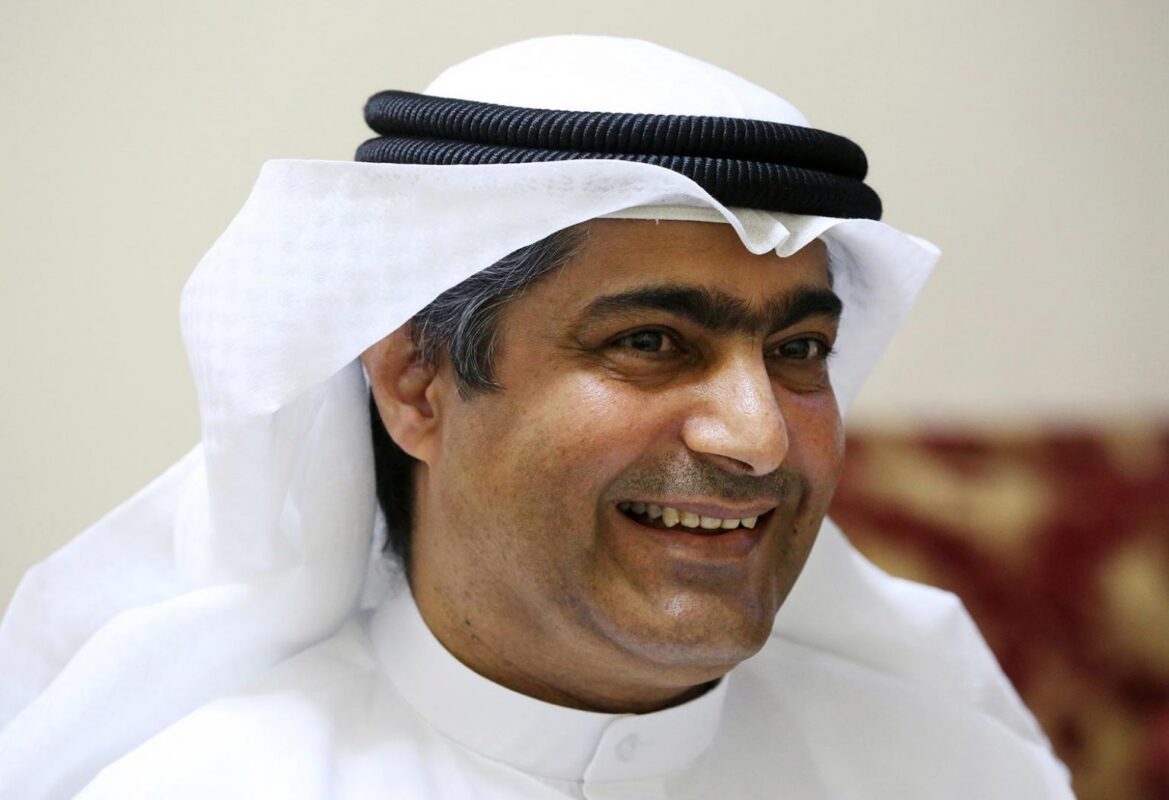Ahmed Mansoor, a prominent human rights defender in the United Arab Emirates (UAE), has faced relentless persecution due to his unwavering advocacy for human rights. His case stands as a distressing emblem of the struggles faced by activists in the UAE, shedding light on the challenges of championing fundamental rights in the region.
Mansoor’s arrest in March 2017, rooted in his social media activities, underscored the UAE’s intolerance towards dissenting voices. His imprisonment for speaking out against human rights abuses echoes the plight of many silenced activists in the country. Despite his award-winning efforts and recognition in the field of human rights, he became a symbol of the crackdown on freedom of expression in the UAE.
Organizations like Front Line Defenders and Amnesty International have been vocal in condemning Mansoor’s unjust imprisonment and advocating for his release. They have highlighted the lack of fair trial standards and the suppression of legitimate human rights work as critical issues underlying his detention.
Notably, with the UAE set to host the 28th Conference of Parties to the UN Framework Convention on Climate Change (COP28), attention has turned to Mansoor’s continued arbitrary detention. His prolonged imprisonment, now over six years, presents a stark contrast to the UAE’s purported commitment to international events like COP28.
Amnesty International has emphasized the irony of the UAE aiming to be an influential voice at COP28 while stifling the voice of a renowned human rights activist. Mansoor’s case underscores the urgent need for global attention and pressure on the Emirati authorities to respect fundamental rights, particularly freedom of expression and association.
The ongoing arbitrary detention of Ahmed Mansoor and several other activists highlights the persistent struggle for basic human rights in the UAE. Addressing his case isn’t merely about advocating for one individual’s freedom; it symbolizes the fight for justice, freedom, and the right to express dissenting opinions without fear of reprisal.
Efforts to secure Ahmed Mansoor’s release resonate beyond his case alone. They represent a collective call for upholding human rights, not just in the UAE but worldwide. The spotlight on Mansoor’s plight during COP28 emphasizes the imperative for the international community to advocate for justice, pressing the UAE to respect human rights and release Mansoor and other arbitrarily detained activists.





